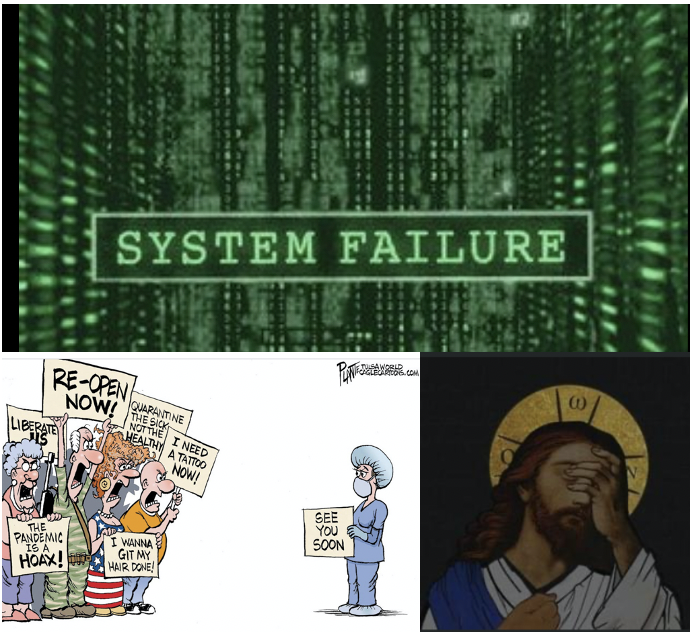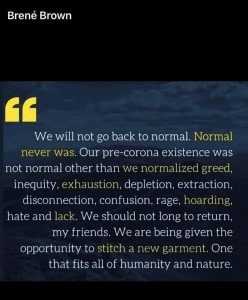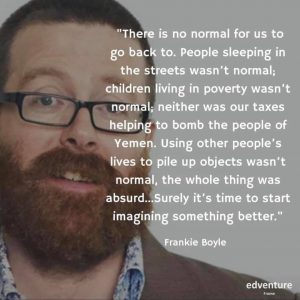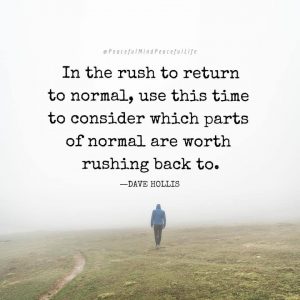At the heart of many of the issues we face is our unconscious tetheredness to capitalism and how this playing out in its late stages. Inspired by Ian Mobsby recent article I wanted to explore more how non othering emerging church or community spaces might play out practically in the light of my recent posts. As Ian highlights Merton wrote “The beginning of love is the will to let those we love be perfectly themselves…”
This vision of love—unpossessive, liberating, and rooted in radical acceptance—is both beautiful and destabilising. It asks us to relinquish control, to release our grip on outcomes, and to embrace the sacred chaos of difference. But how do we translate this into the messy reality of community-building? What practical approaches may help us resist the urge to “twist” others into our image. Here’s a few thoughts drawing from Merton’s theology, eco-feminist thought, and lived experiments I have been involved in over the years.
How do we build on Divine Love, Not Human Effort, Merton argued that true community is founded not on our “own love” but on “God’s love”—a love that “puts us in a position where sometimes natural community is very difficult” . This shifts the focus from compatibility (seeking those like us) to faith in something larger than ourselves. Christina Cleveland writes similarly in her work on reconciliation. What I particularly like about Christina’s work is her acknowledgment of the mental and emotional energy these spaces take. Stereotyping and categorisation are short cuts are hard to override and even in a more enlightened outlook it’s takes energy and intention to try and inhabit these spaces.
In practice either joining or intentionally gathering people across ideological, cultural, or generational divides, through local community garden for instance could a way forward. However in reality too often these spaces can be pretty homogenous. So intentionality to host shared spaces is needed eg meals where climate activists, retirees, and teenagers collaborate on composting projects, learning to listen without agenda.
A key for us in Cumbria has been to Ritualise surrender, in our Cmpfire gatherings we set the tone by saying we are not here to fix things and use a talking stick for simply creating a space to listen deeply. I wonder what would it look like to begin meetings with a simple practice: “We are here not because we agree, but because we trust something beyond us.” Reframing conflict and spaces as generative, not destructive.
Borrowing from ideas in Eco-Theology of Becoming-With what does it mean to move on from notions that we need to fix stuff. Donna Haraway’s concept of “becoming-with”—seeing humans as entangled with non-human beings and ecosystems, resonates with Merton’s call to love others as they are. This ecological lens rejects transactional relationships (e.g., “I’ll love you if you change”) in favour of mutual accompaniment.
Soil doesn’t demand plants conform to its image; it nourishes what grows. Applying this to community roles: lets gifts emerge organically. What would it look like to shift from hierarchical leadership to something more organic based on needs at particular times and where tasks are claimed based on passion, not just expertise.
In Alchemy At The Edge I’m working on the idea of Listening Fast and Listening Slow, and how context changes the listening process. If we host walks where members share stories while attending to the more-than-human world—birdsong, wind, urban rhythms our listening will be very different. This approach dilutes the ego’s voice and fosters the type of missional humility the church really needs.
There is an unconscious capitalist bias around progress and growth. It’s something we have noticed in our mixed ecology trellis, because it can read like a graph people make an assumption that we value top right more than bottom left. We can these challenge capitalist efficiency assumptions by honouring those who simply be—the elderly, neurodivergent, or chronically ill, as vital to the community’s ecosystem. In the context of the Mixed Ecology of church this means recognising the value of everyone on the Trellis.
I love TAZ spaces and Merton acknowledged that “we are going to make mistakes” in community, but “it really doesn’t matter that much” if rooted in good faith . This liberates us from the myth of permanence, inviting experimentation. Do we really value process Over Perfection or again is our desire to get it right or make it permanent, or sustainable part of a capitalist bias. Creating pop-up spaces, temporary, theme-based communities (e.g., a 40-day Lenten arts collective or a prayer space, a listening bench) allow people to practise radical acceptance without lifelong commitment mirroring something to a TAZ.
We also need to normalise endings: what would it look like have fixed point reviews where you expect to end something unless there’s a real reason to continue, so we prevent stagnation and power hoarding. Instead of asking did this meet x or y outcome we could ask “How did we help you become more yourself and would changing or ending our structure/meeting/values etc help you become more authentically you?
Instead of thinking every relationship needs resolution or a space needs to continue what would a bless and release ritual for departing members or spaces look like acknowledging their ongoing role in other spaces, with real joy and sadness.
Merton’s vision of love is no sentimental ideal. It demands courage to dwell in uncertainty, to release the ego’s need for control, and to trust that “the power of God’s love will be in it” even when our efforts feel fragile. In a world obsessed with optimisation, building communities that honour the “other” becomes countercultural resistance—a way to “stay with the trouble” (Haraway) and find holiness in the unpolished, the unresolved, and the unscripted. Perhaps the most radical practice is this: to love a community enough to let it evolve beyond our own imagination.
“We are human becomings,” as Pip Wilson once wrote. May our communities become spaces where all people can unfold in their wild, messy, gloriously uncontainable uniqueness.


 I do think some of the reactions in the USA for me just show how addicted we are, (not just how they are), to a consumerist capitalist system, and I really do think these are signs of system failure. Most of my life we have talked of the shifts from modernity to post modernity to post secularisation and the collapse of our financial system as the consequences of a system where money has become disconnected from the real when we ended the gold standard, and where the system has created economic slavery and an insatiable desire to use the worlds resources beyond what is sustainable and now faces global warming and ecoside.
I do think some of the reactions in the USA for me just show how addicted we are, (not just how they are), to a consumerist capitalist system, and I really do think these are signs of system failure. Most of my life we have talked of the shifts from modernity to post modernity to post secularisation and the collapse of our financial system as the consequences of a system where money has become disconnected from the real when we ended the gold standard, and where the system has created economic slavery and an insatiable desire to use the worlds resources beyond what is sustainable and now faces global warming and ecoside.

